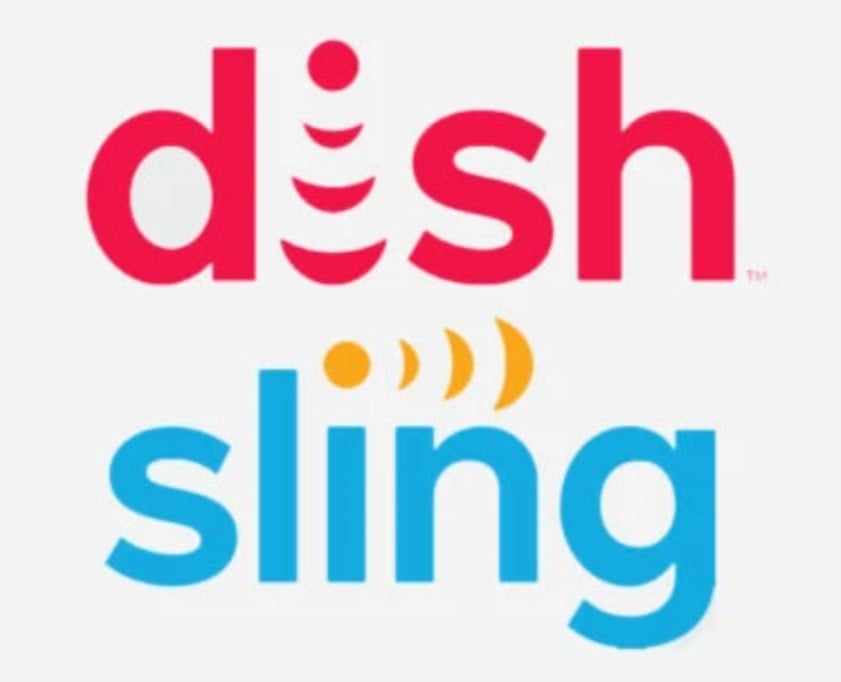
It wasn’t that long ago that Public Knowledge was fighting tooth and nail against the merger of Sprint and T-Mobile that eventually would lead to Dish Network being set up as a fourth national player in wireless.
Nowadays, that very same public interest group is arguing that Dish should get as much help as it can to compete against incumbents AT&T, T-Mobile and Verizon. As a member of the 5G for 12 GHz Coalition, Public Knowledge is asking the FCC to make modifications to the 12 GHz spectrum band that would allow for two-way communications and entities like Dish to better compete in 5G.
To fully appreciate the move, it’s worth revisiting the amount of wrath the wireless industry developed for Dish over the years. While Dish was stockpiling loads of spectrum and seemed to constantly seek — and often successfully— get buildout extensions for the use of that spectrum, long-time wireless players watched as incumbent wireless carriers angled (as always) for more spectrum to meet their near- and long-term needs.
Public Knowledge, a well-established public interest group, was dead set against the Sprint/T-Mobile merger. Its past CEO, Gigi Sohn, a former counselor to FCC Chairman Tom Wheeler, testified numerous times in front of lawmakers in opposition to the merger.
“We opposed the deal. We did not think that the spin-off was going to be sufficient to create four national competitors. But we lost. We lost in court. We lost before the agencies, so if the world that we live in is one where Dish is the company with the best chance of being a fourth national competitor, then we want it to succeed,” said Harold Feld, SVP at Public Knowledge, in a recent interview. He also posted a blog on the subject back in 2019.
If successful – and there are a lot of heavy-hitting opponents to Dish’s plan – the 12 GHz could unleash 500 MHz of contiguous spectrum for 5G. It’s hard to make comparisons between what that would add to Dish’s spectrum holdings compared with existing wireless carriers and their spectrum because the 12 GHz band is a very different band. But it’s considered mid-band spectrum, which makes it particularly valuable for 5G, Feld noted.
RELATED: Dish, RS Access lead new coalition in fight over 12 GHz band
To be sure, Public Knowledge wants to see more spectrum for unlicensed purposes, but it likes the idea of spectrum sharing, which it believes is possible here, and it’s in favor of finding ways to get more spectrum to new competitors.
“While I’m not going to pretend that this would completely close the gap between Dish and the big three competitors, it’s certainly something that will help to close to the gap and provide the opportunity to offer a competing network that can actually handle the number of customers that we would like to see a competing network have,” Feld said. “I certainly would like to see Dish be big enough in order to be able to be a competitive threat” and force the other companies to respond with lower prices and better service.
It’s not the only area where Public Knowledge is giving support to Dish. In the dispute between Dish and T-Mobile over the impending shutdown of T-Mobile's CDMA network, Public Knowledge is among those asking the FCC to intervene so that Boost Mobile subscribers don’t lose service at the end of the year.
RELATED: T-Mobile’s CDMA shutdown already harms consumers, says coalition
As part of the overall deal for T-Mobile to acquire Sprint and for Dish to become a fourth facilities-based wireless carrier, Dish acquired Boost and its prepaid business, with the plan to use T-Mobile’s network until Dish can build out its own. But in late 2020, T-Mobile announced it plans to retire its CDMA network on January 1, 2022.
According to May 3 letter sent by the Public Interest Spectrum Coalition (PISC), of which Public Knowledge is a member, FCC action on the matter doesn’t mean it has to find that T-Mobile is acting to sabotage Dish’s entry into wireless. But the commission can and should act as a mediator between the two companies, according to PISC.
T-Mobile is skeptical about how the chip shortage has affected Dish’s ability to get updated handsets into the hands of Boost subscribers who need them, but the chip shortage is something the FCC can investigate by calling on affected parties, including chipset suppliers. It’s also in a position to ask Dish about the real size of the problem it has chronicled about contacting affected customers, Feld said.
“The FCC, as the regulator, has the ability to bring the parties together and force them to stop posturing and come clean on what their actual state of preparedness is,” he said.
"dish" - Google News
July 09, 2021 at 11:55PM
https://ift.tt/3hulkNb
Dish gets unlikely ally in fight over 12 GHz band - FierceWireless
"dish" - Google News
https://ift.tt/2MXZLF4

No comments:
Post a Comment